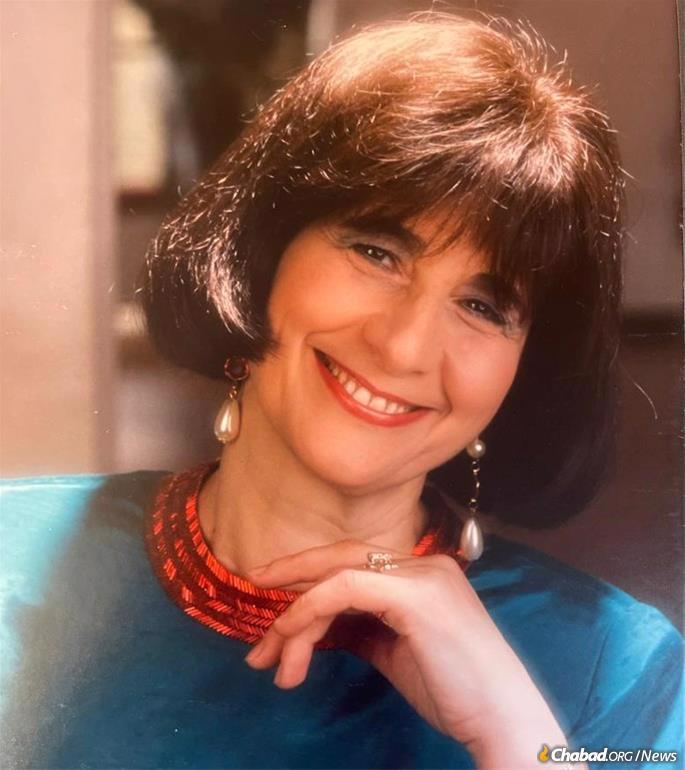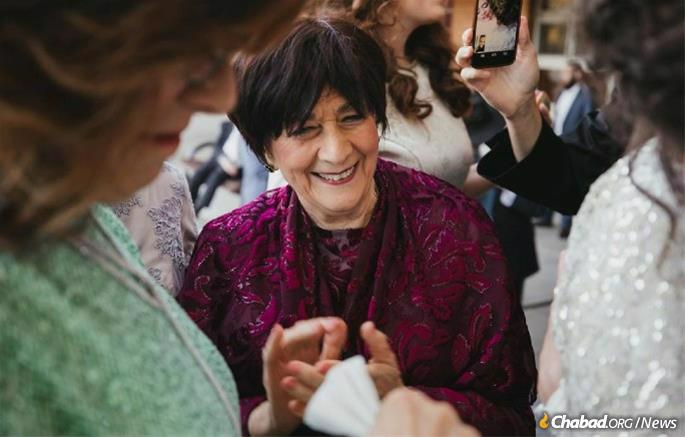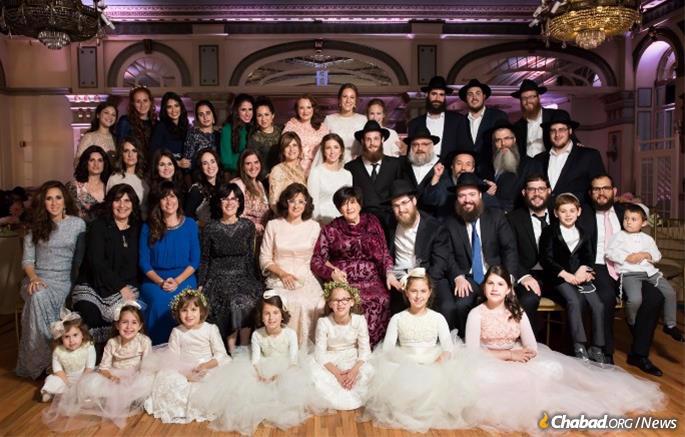
Obituary: Miriam Paltiel-Gordon, 87, Chronicled Soviet Chassidic Childhood as ‘Miriam Nevel’
by Menachem Posner – chabad.org
Miriam Paltiel-Gordon, the mother and grandmother of a large Chabad family around the world who served for decades as a Chabad emissary in Worcester, Mass., and chronicled her childhood in the Chabad underground in the Soviet Union and then the DP camps in Europe, passed away on Tuesday, the second day of Chanukah, at the age of 87.
Writing under the pen name “Miriam Nevel,” Paltiel-Gordon was well known to Chabad.org readers for her compelling narratives of persecution and hope. Her writing was not purely factual, but it was almost all rooted in the events, people and circumstances that shaped her early life, vividly filled in with new details replacing those that had been lost to the sands of time.
In some cases, her writing is almost the sole written record of their protagonists. This would include her paternal grandparents, whose struggles with a local landowner are told in The Miraculous Downfall of Ivan the Evil.
Born in the village of Klimovich in Eastern Belarus where her maternal grandmother’s family lived for generations, she was the second of three children born to R’ Dov Ber and Risha Pantilieav (Paltiel). As a toddler, her parents moved to central Moscow, where the young couple struggled mightily to keep Shabbat, kosher and mitzvot, despite holding government jobs.
In one article, she told of waking up in the middle of the night and seeing her father briefly place a mezuzah on their door, perform a quick, silent dance, and then remove it before the other residents of their shared apartment would see it.
Her mother, Risha, died when she was just 4 years old, and the young family soon fled to Siberia to escape the Nazi advances.
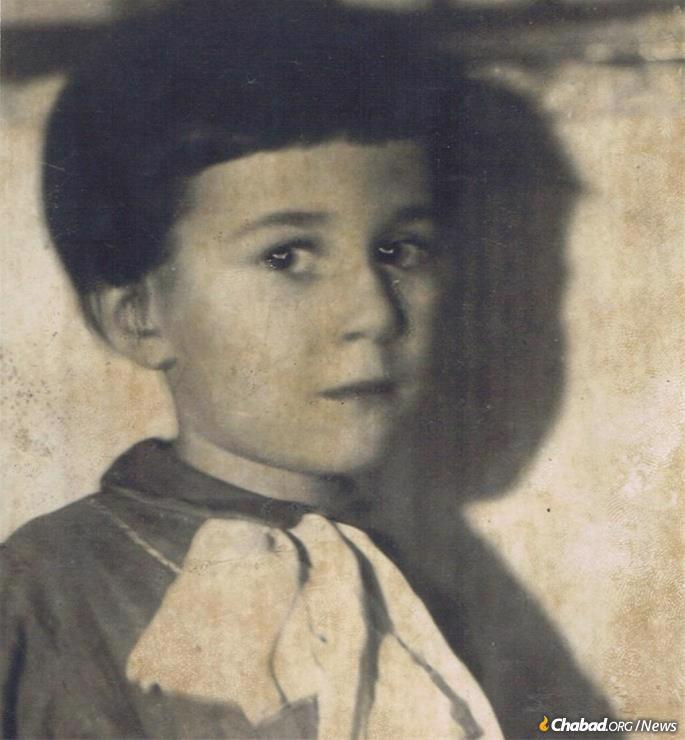
Chronicling a Jewish Family’s Struggles
In Matza Crumbs in Siberia, she tells how she and her brothers, home alone all day while their father worked, hungrily fingered, but never dared eat, the lone matzah their father was saving for Passover.
The family lived for a time in a home without a proper roof, rather than live with cousins who tried to inculcate them with Soviet propaganda. In time, they made their way to Tashkent, where they lived with their grandparents, R. Yisroel and Chana Michla Levin.
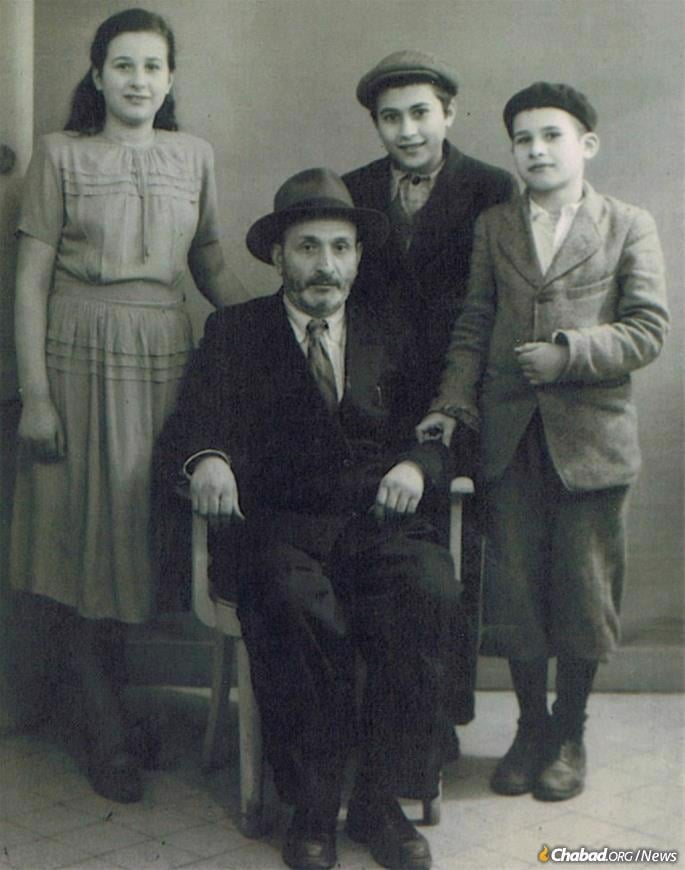
Her book Zaide, focusing on her grandfather, the legendary Chassid R. Yisroel Neveler, contains anecdotes from that era, including a charming retelling of how her grandparents first met.
She also tells the story of a brave young woman, who ran from home to home, warning the Chassidim of an impending sweep by the secret police, as told to her by someone who experienced it as a child.
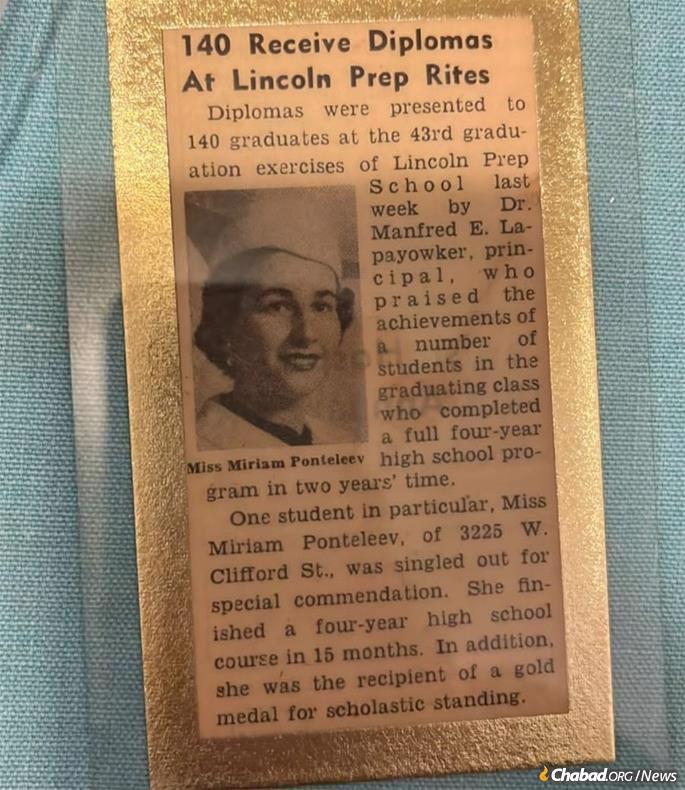
Writing as a Form of Catharsis
In many instances, her writing was a form of catharsis, reliving and releasing the pain of being rejected by her preschool teachers for being Jewish, the difficulty of being the only female in her nuclear family and the struggles of living as penniless refugee for large chunks of her childhood.
With the end of World War II, her family returned briefly to Moscow. Her memories from that era include staring down a Nazi POW at a victory parade, a bread-bearing uncle returning from war, and her encounters with the legendary Chassid and former member of the Latvian parliament, Rabbi Mordechai Dubin.
With her father and brothers, she joined the thousand-plus Chabad refugees who ducked under the Iron Curtain posing as Polish refugees, and eventually made their way, via Pocking and Paris, to Philadelphia.
Despite having little formal education, she was a natural at languages and was conversant in Russian, Yiddish, Hebrew and English. An item in the local press noted that she completed high school in just 15 months and was awarded a gold medal for her achievements.
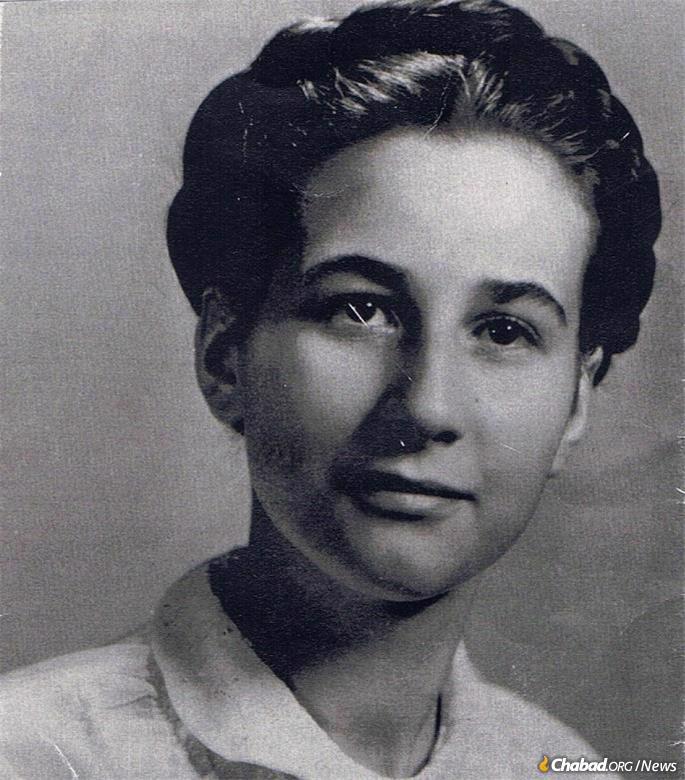
Following her marriage, which was conducted by the Rebbe—Rabbi Menachem M. Schneerson, of righteous memory—she served for decades as a Chabad emissary in Worcester, Mass., where she raised her five children.
In addition to Chabad.org, her many articles appeared in N’Shei Chabad Newsletter, Ami Magazine, Hamodia and other outlets. She passed away shortly before the publication of her latest book, Why I Didn’t Cry When Comrade Stalin Died.
Predeceased by her brother, Dr. Eliezer Paltiel, she is survived by her brother R. Abba Paltiel and children Zeesy (R. Yosef) Posner, Rishe (R. Avrohom Moshe) Deitsch, Rivkah L. (R. Chaim Tzvi) Groner, Etty (R. Yossel) Gurevitch and R. Yossy (Rochel) Gordon, in addition to grandchildren and great-grandchildren.
